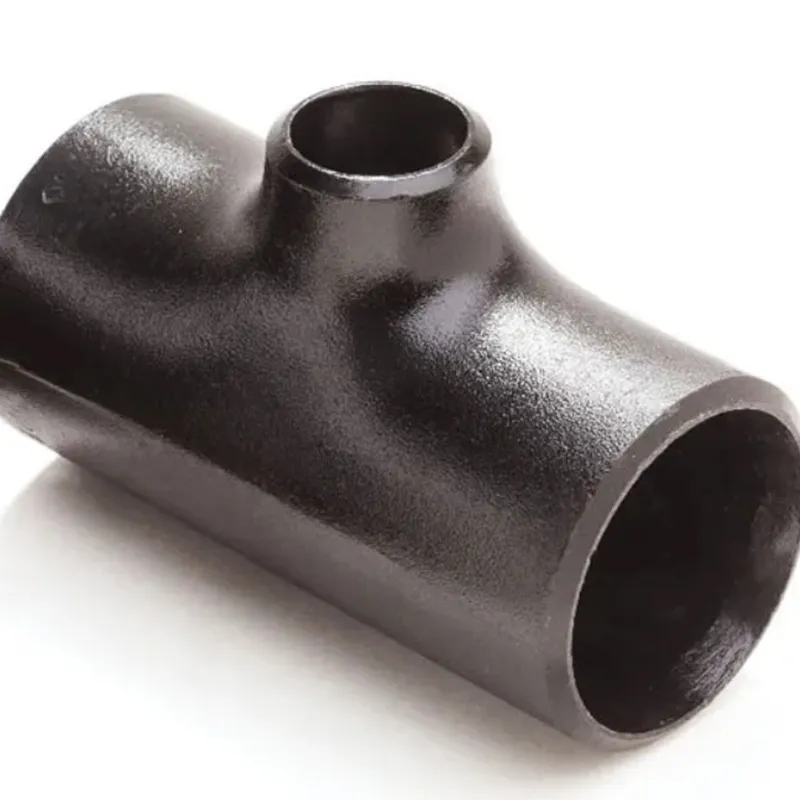-
Cangzhou Yulong Steel Co., Ltd.
-
Phone:
+86 13303177267 -
Email:
admin@ylsteelfittings.com
- English
- Arabic
- Italian
- Spanish
- Portuguese
- German
- kazakh
- Persian
- Greek
- French
- Russian
- Polish
- Thai
- Indonesian
- Vietnamese
- Zulu
- Korean
- Uzbek
- Hindi
- Serbian
- Malay
- Ukrainian
- Gujarati
- Haitian Creole
- hausa
- hawaiian
- Hebrew
- Miao
- Hungarian
- Icelandic
- igbo
- irish
- Japanese
- Javanese
- Kannada
- Khmer
- Rwandese
- Afrikaans
- Albanian
- Amharic
- Armenian
- Azerbaijani
- Basque
- Belarusian
- Bengali
- Bosnian
- Bulgarian
- Catalan
- Cebuano
- China
- China (Taiwan)
- Corsican
- Croatian
- Czech
- Danish
- Esperanto
- Estonian
- Finnish
- Frisian
- Galician
- Georgian
- Kurdish
- Kyrgyz
- Lao
- Latin
- Latvian
- Lithuanian
- Luxembourgish
- Macedonian
- Malgashi
- Malayalam
- Maltese
- Maori
- Marathi
- Mongolian
- Myanmar
- Nepali
- Norwegian
- Norwegian
- Occitan
- Pashto
- Dutch
- Punjabi
- Romanian
- Samoan
- Scottish Gaelic
- Sesotho
- Shona
- Sindhi
- Sinhala
- Slovak
- Slovenian
- Somali
- Sundanese
- Swahili
- Swedish
- Tagalog
- Tajik
- Tamil
- Tatar
- Telugu
- Turkish
- Turkmen
- Urdu
- Uighur
- Welsh
- Bantu
- Yiddish
- Yoruba

Dec . 10, 2024 22:06 Back to list
Quality 316L Seamless Pipe for Corrosion Resistance and Strength in Various Applications
Understanding 316L Seamless Pipe Properties, Applications, and Benefits
In the world of industrial piping, the choice of material significantly impacts the performance, durability, and cost-effectiveness of the systems in which they are used. One of the most highly sought-after materials in the piping industry is 316L stainless steel. This article explores the characteristics, applications, and advantages of 316L seamless pipes.
What is 316L Stainless Steel?
316L is a low-carbon variant of stainless steel grade 316. It consists of iron, chromium, nickel, and molybdenum, with the following composition approximately 16-18% chromium, 10-12% nickel, and 2-3% molybdenum. The low carbon content in 316L makes it less susceptible to sensitization and helps it maintain its corrosion resistance, particularly in high-temperature environments.
Properties of 316L Seamless Pipe
1. Corrosion Resistance 316L stainless steel is renowned for its exceptional corrosion resistance, particularly against chlorides and other harsh chemicals. This makes it an ideal choice for industries such as chemical processing, marine applications, and fossil fuel extraction.
2. Strength and Durability Seamless pipes made from 316L stainless steel exhibit high tensile strength and toughness, which allows them to withstand high pressure and temperature environments.
3. Hygienic Properties The smooth surface finish of 316L seamless pipes prevents the accumulation of bacteria and contaminants, making them suitable for pharmaceutical and food processing applications.
4. Weldability Due to its low carbon content, 316L stainless steel can be welded without the risk of carbide precipitation, which can compromise corrosion resistance.
Applications of 316L Seamless Pipe
The versatility of 316L seamless pipes enables a wide range of applications across various industries
. Some prominent uses include1. Chemical Manufacturing In the chemical industry, 316L seamless pipes are used to transport aggressive substances, given their superior resistance to pitting and crevice corrosion.
316l seamless pipe

2. Oil and Gas The oil and gas sector frequently employs 316L pipes in offshore drilling and processing environments, where exposure to salty seawater can lead to rapid corrosion of less durable materials.
3. Pharmaceuticals The biopharmaceutical industry relies on 316L seamless pipes for the safe transport of products since they don’t harbor bacteria and can withstand sterilization processes.
4. Marine Applications Due to its resistance to saltwater environments, 316L stainless steel is commonly used in marine hardware, shipbuilding, and underwater piping systems.
5. Food Processing The non-reactive nature of 316L seamless pipes makes them suitable for food and beverage manufacturing processes, particularly in applications where hygiene is a critical concern.
Advantages of Using 316L Seamless Pipe
1. Cost-Effectiveness While the initial cost of 316L stainless steel may be higher than other materials, its durability and corrosion resistance lead to lower maintenance costs and longer service life, making it a cost-effective choice in the long run.
2. Sustainability Stainless steel is fully recyclable, and using 316L in piping systems supports sustainable practices in various industries.
3. Customizable 316L seamless pipes are available in a variety of sizes and specifications, allowing for tailored solutions to fit specific needs in different applications.
4. Aesthetic Appeal The sleek and polished look of 316L stainless steel can also be an advantage in architectural and design applications, where appearance is important.
Conclusion
In summary, 316L seamless pipes are a critical component in modern industrial systems, offering a unique combination of strength, corrosion resistance, and hygiene. Their versatility across various applications, from chemical processing to food and pharmaceuticals, underscores their importance within the industry. As the demand for high-quality materials continues to grow, 316L stainless steel will undoubtedly remain a preferred choice for engineers and manufacturers alike.
Latest news
-
ANSI 150P SS304 SO FLANGE
NewsFeb.14,2025
-
ASTM A333GR6 STEEL PIPE
NewsJan.20,2025
-
ANSI B16.5 WELDING NECK FLANGE
NewsJan.15,2026
-
ANSI B16.5 SLIP-ON FLANGE
NewsApr.19,2024
-
SABS 1123 FLANGE
NewsJan.15,2025
-
DIN86044 PLATE FLANGE
NewsApr.19,2024
-
DIN2527 BLIND FLANGE
NewsApr.12,2024
-
JIS B2311 Butt-Welding Fittings LR/SR 45°/90° /180°Seamless/Weld
NewsApr.23,2024











